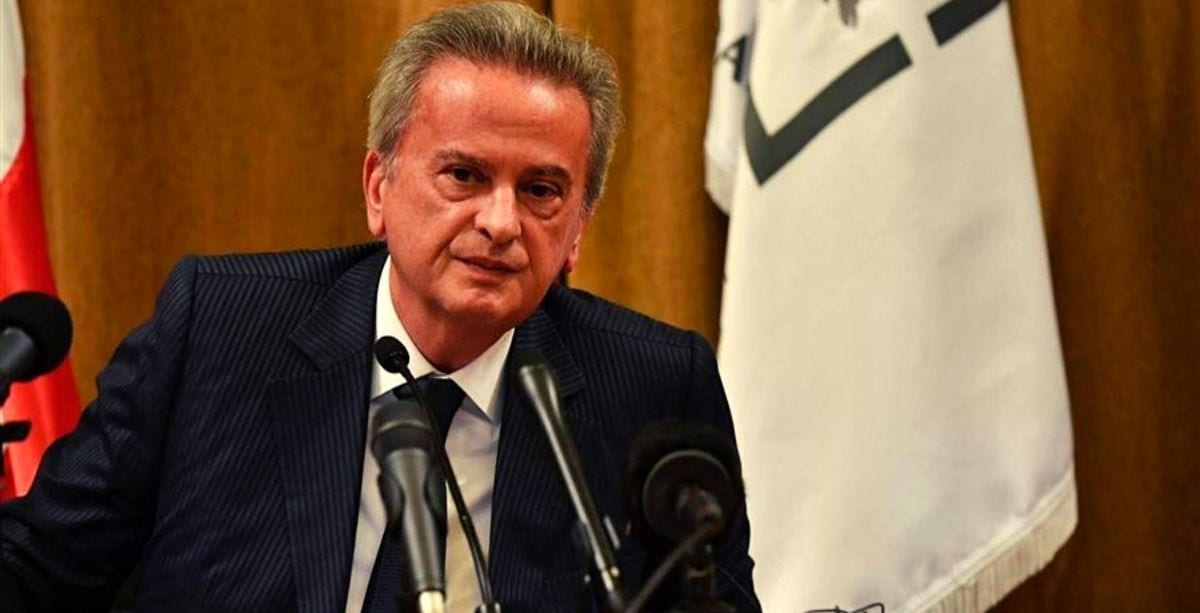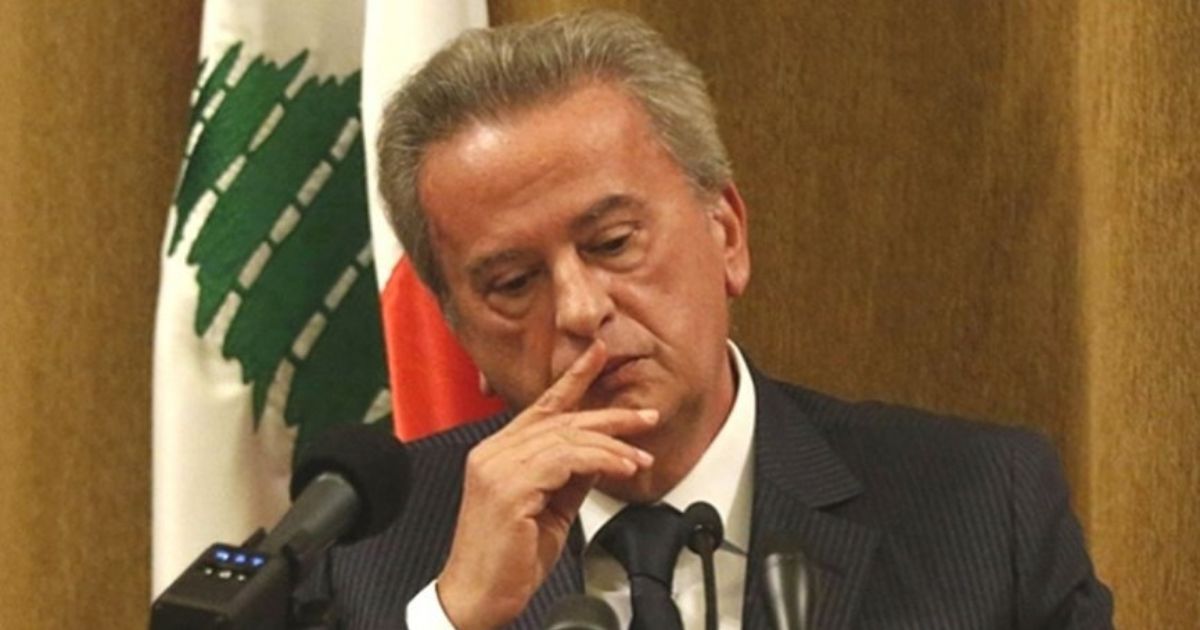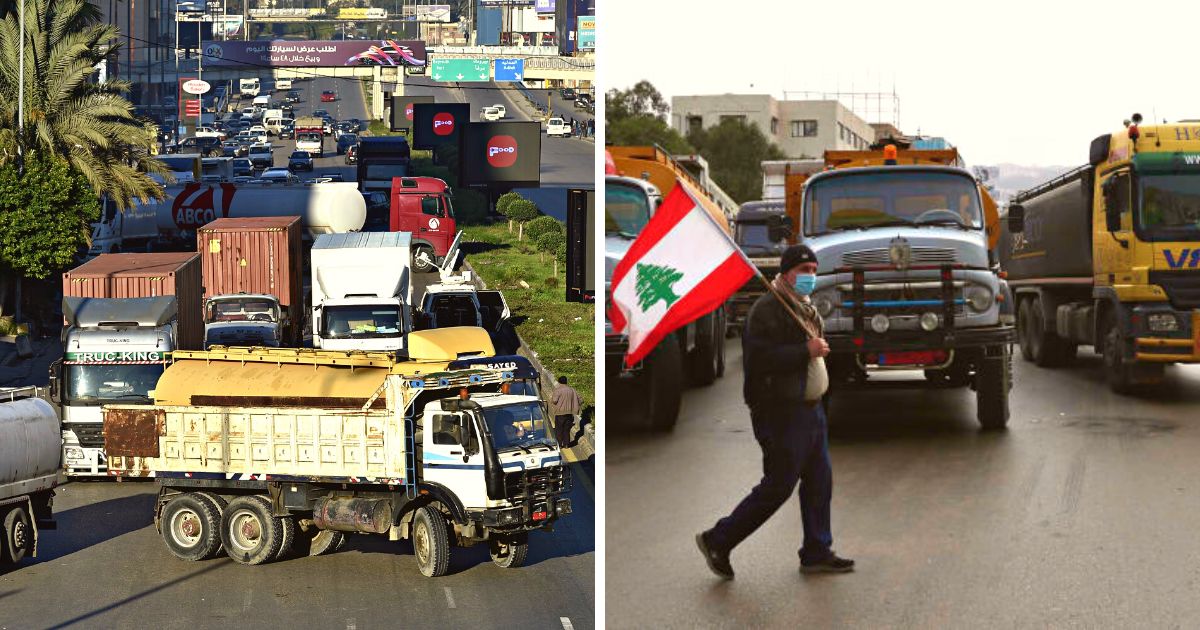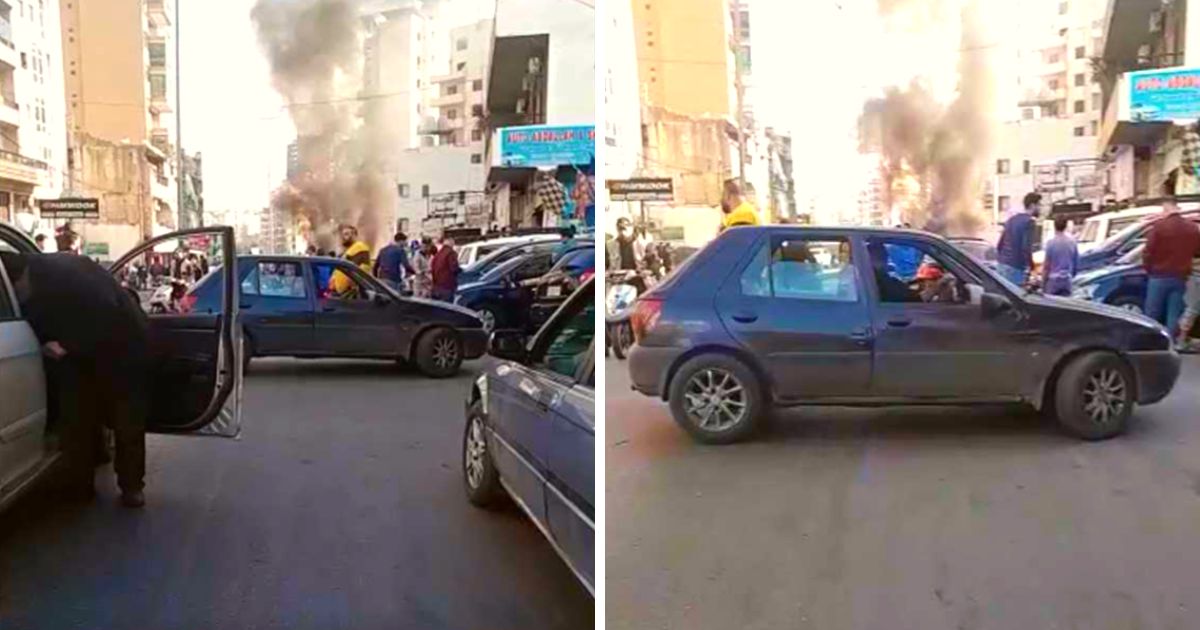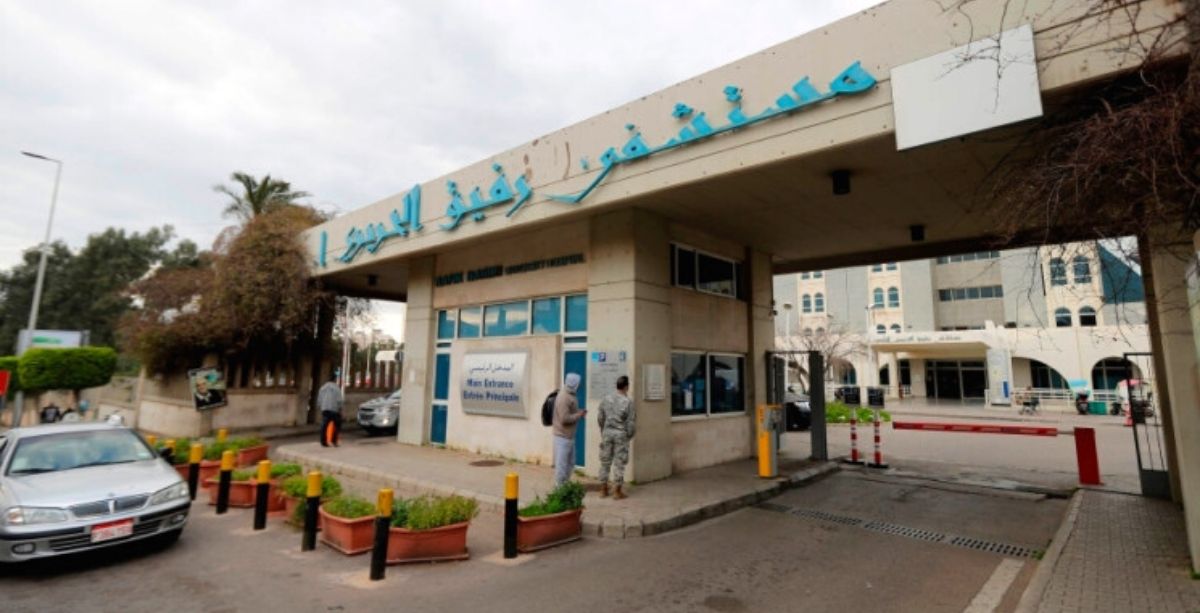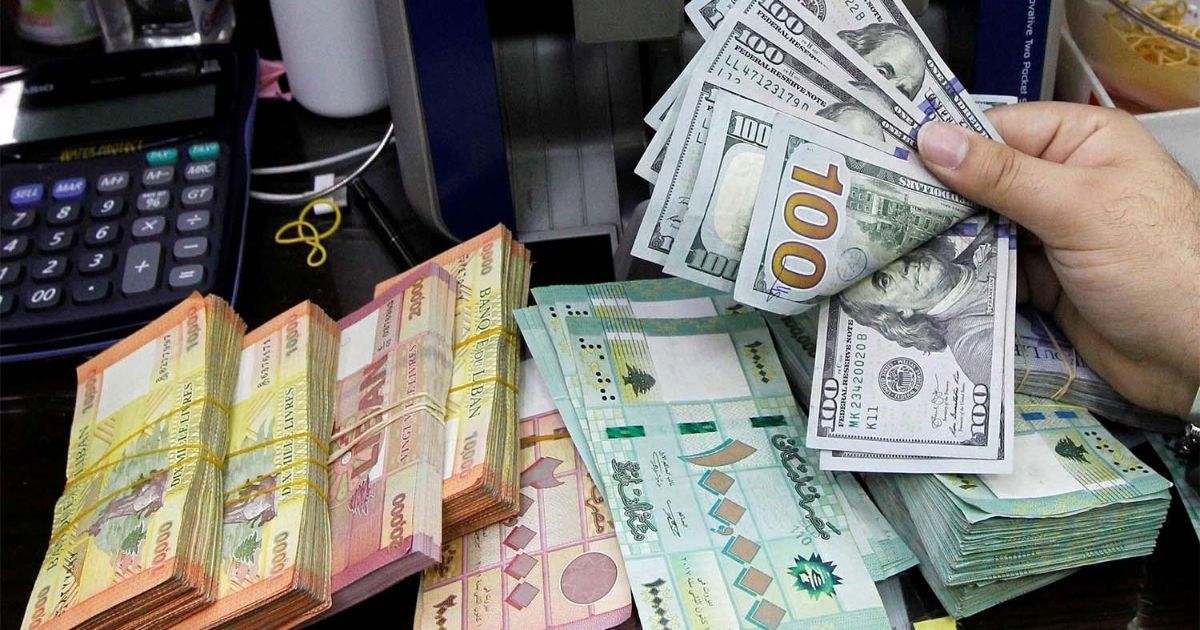“The severe crisis is now behind us,” is what Governor of the Banque du Liban Riad Salameh stated during his latest monthly meeting with the delegation of the Association of Banks in Lebanon (ABL), on Thursday.
A statement released by the ABL after the meeting highlighted Salameh’s remarks, which most notably include the indication that the economic crisis wearing Lebanon down is getting less severe.
How?
“The severe crisis is now behind us, and the BDL and the Banking Control Commission will take all the procedures legally available to reactivate the sector’s contribution to financing the economy,” Salameh was quoted as saying by the ABL’s statement.
As to how such a weighty assurance can be made at this critical stage where the crisis severity doesn’t feel nor seem over at all, Salameh stressed that banks must adhere to Circular 154, which aims to recapitalize external liquidity.
He pointed out that capitalization and liquidity are important components in revitalizing the economy. These are “essential for financing the economy, and the sustainability of the sector is linked to its ability to renew itself.”
As per Salameh, who stressed on Circular 154, banks have the ability to recapitalize 3% of their external funds in an appropriate manner.
Furthermore, the commitment of banks to transfer 15% for customers and 30% for Politically Exposed Persons would contribute to strengthening liquidity.
“Circular 154, on the other hand, aims to recapitalize the sector, perhaps exceeding 20%. Banks can sell depositors Perpetual Bonds or shares, provided that they are carried out after an evaluation process by reliable bodies,” he stated.
Controversially, Salameh proceeded to indicate that Lebanon’s economy is up against major problems with the total absence of any solutions, as is its treasury.
“The economic plan is not put into practice and there is no clarity on how to deal with the consequences of stopping payment (Default), which left a great shock to the economy and the financial sector.”
If the negotiations with the International Monetary Fund remain stagnant as they are today, “there will be no return to growth and economic revitalization,” according to him.
How Long Will Subsidies Last?
Salameh reiterated that the BDL can no longer drain its remaining foreign currency reserves to subsidize fuel oil, wheat, and pharmaceutical drugs in a few months.
“I informed the government not to use the BDL’s compulsory reserve in foreign currencies for the purpose of subsidies.”
“We can continue supporting fuel, wheat, and medicine for another two or three months at an exchange rate of LBP 1,500 against the dollar.”
Similarly, the subsidy of foodstuffs at the rate of LBP 3,900 will end in two or three months, Salameh said.
Student dollars, like medicine and wheat, will be supported by the BDL in accordance with the relevant law passed by Parliament, the ABL assured in the statement.
Subsidies, therefore, can be expected to end around the start of the new year. By then, it should be apparent whether the severe part of the crisis is indeed over, or just beginning.



